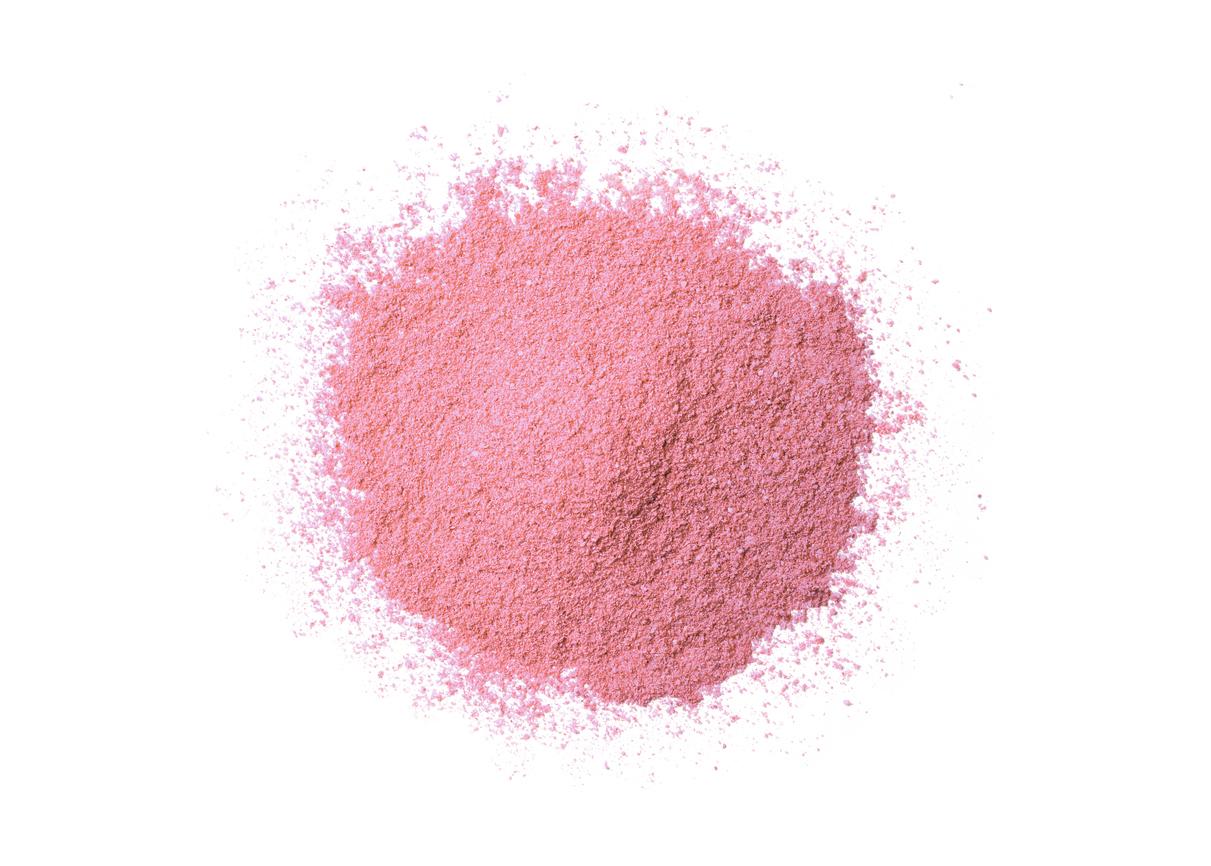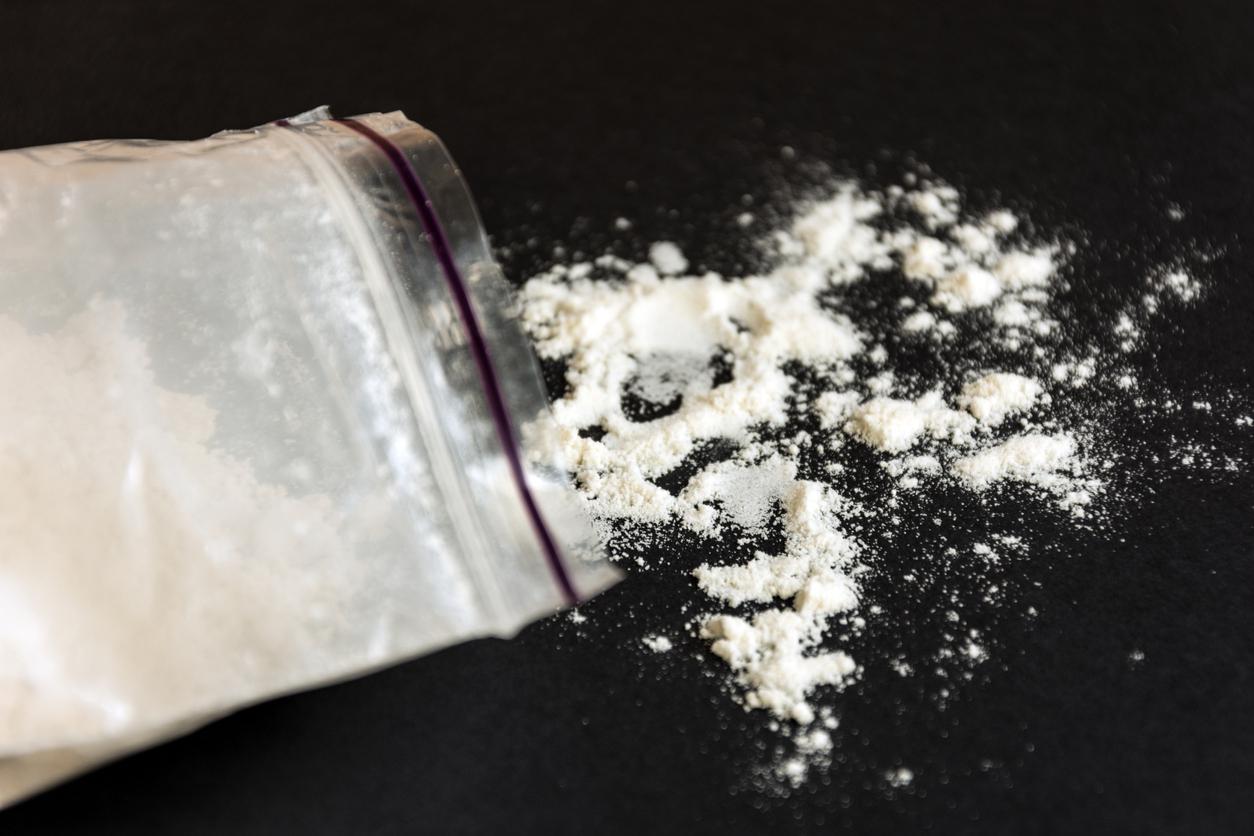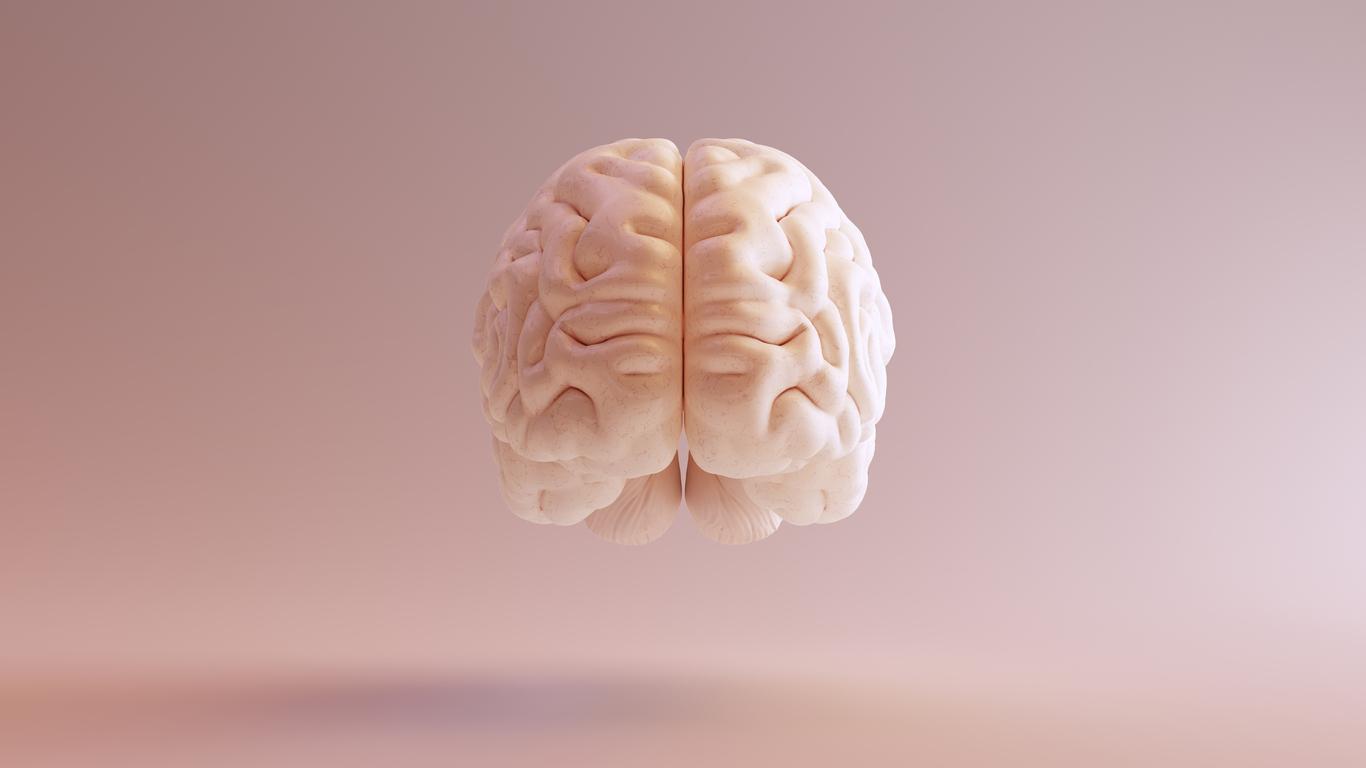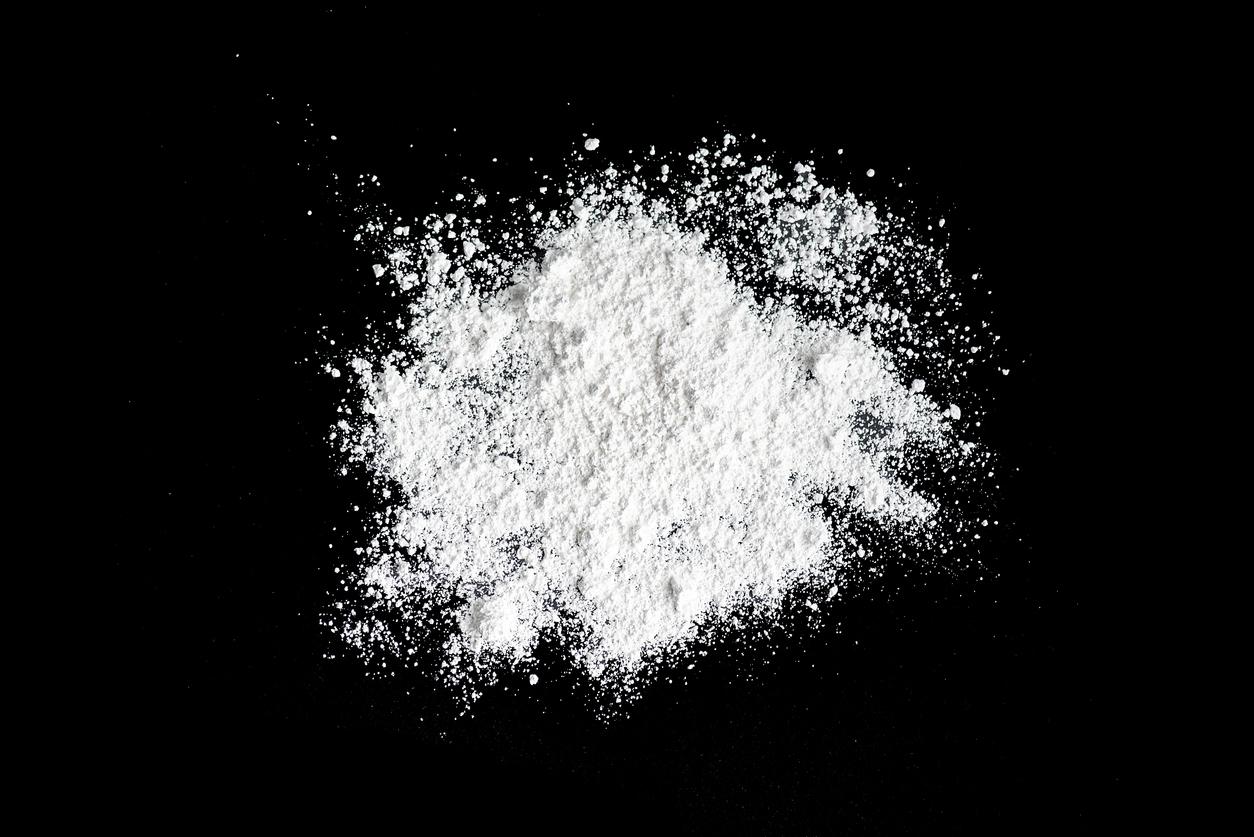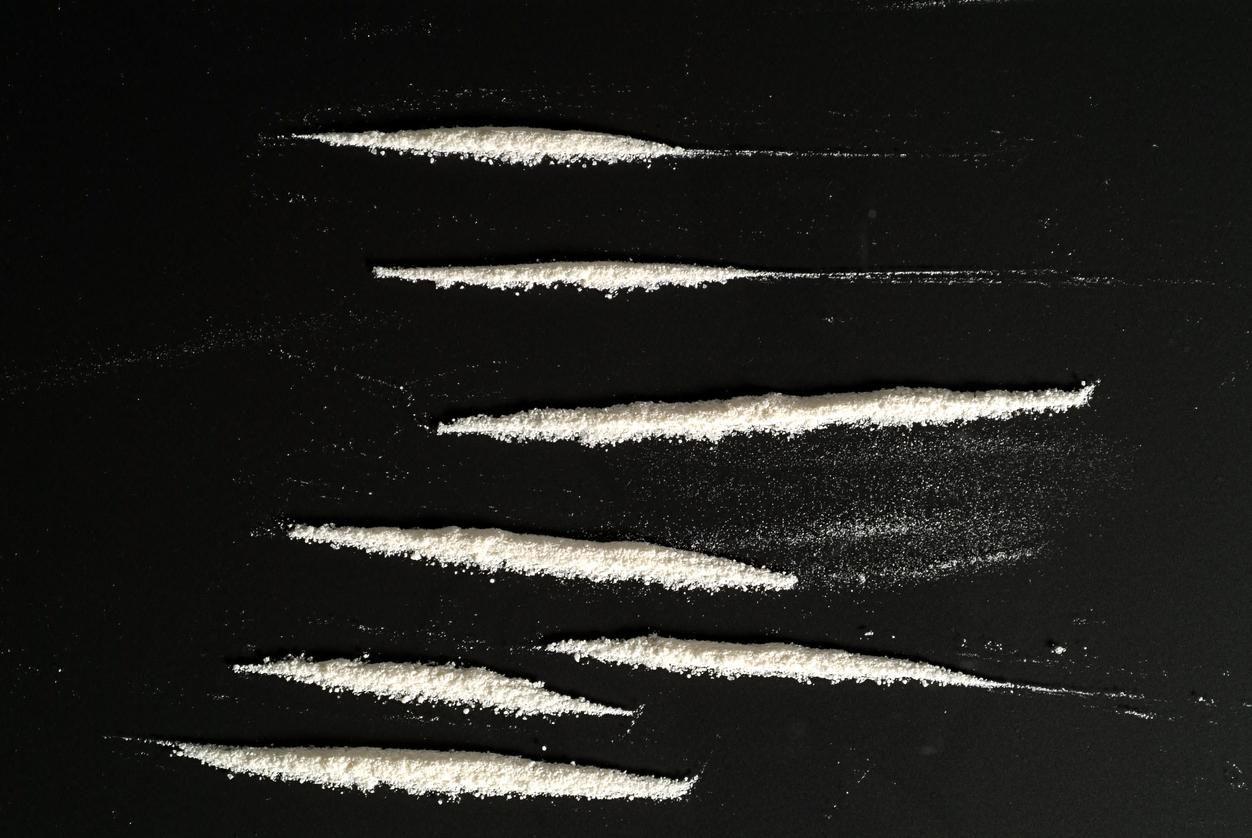The cocaine is a substance of plant origin obtained by processing the coca leaf. Classified in the “stimulants” category by the French Observatory for Drugs and Drug Addiction (OFDT), it comes in the form of a white powder that is consumed orally, nasally or intravenously. In 2014, 5.6% of 18-64 year olds had already tasted it – especially men between 26 and 34 years old *.
The side effects on health are numerous: cardiac disorders, hypertension, neurological disorders (stroke, for example), pulmonary disorders (and destruction of the nasal septum, in some cases), bacterial or viral infections (HIV, among others) … There are also psychological consequences: aggressiveness, stress and making absurd or even dangerous decisions.
It is this last point that interested a team of American researchers, whose work was published in the specialized journal Addiction Biology. They wanted to know how the substance influenced decisions made in the brain. For this, the scientists recruited 30 volunteers, all victims of a cocaine addiction – but abstinent for the duration of the experiment. They participated in a game of chance in which they won or lost money depending on their bets. At the same time, the researchers were monitoring their brain activity using medical imaging techniques.
Play without being able to stop
Results ? During the game, the volunteers exhibited unusual brain activity in their ventral stratium, a part of the brain involved in particular in the reward circuit. Problem: Whether they lost or won, the ventral stratium was always over-stimulated, so participants never stopped playing.
In addition, the researchers observed other unusual brain connections in the anterior cingulate cortex and the orbitofrontal cortex: they concluded that cocaine addicts could not anticipate the consequences of their decisions or the reactions of those affected. “We do not yet know from what point in the history of addiction these brain processes are triggered, qualify the scientists. However, we hope that this work will allow better care for people addicted to cocaine.”
* source: OFDT









